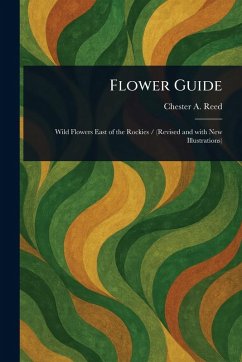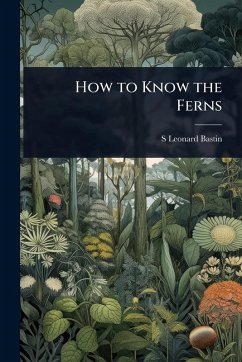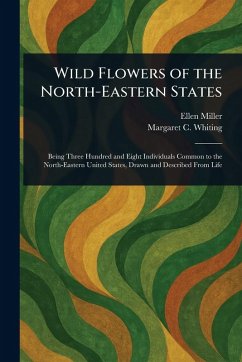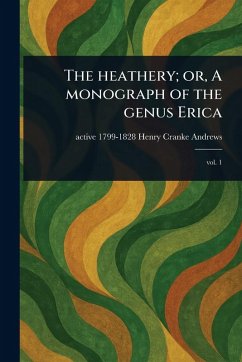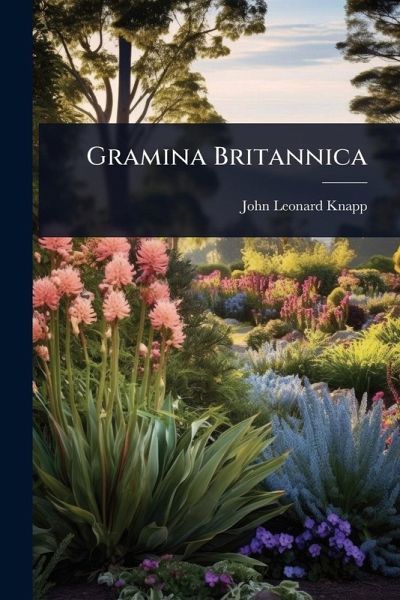
Gramina Britannica

PAYBACK Punkte
13 °P sammeln!
Gramina Britannica, by John Leonard Knapp, offers a detailed exploration of British grasses. This volume provides representations and descriptions of various grass species found in Britain, combining scientific observation with accessible language. Knapp's work stands as a valuable resource for botanists, naturalists, and anyone interested in the diverse plant life of the British Isles. The bookâ(TM)s enduring appeal lies in its blend of meticulous detail and broader insights into the natural world, making it a significant contribution to the field of botany and a testament to the beauty of t...
Gramina Britannica, by John Leonard Knapp, offers a detailed exploration of British grasses. This volume provides representations and descriptions of various grass species found in Britain, combining scientific observation with accessible language. Knapp's work stands as a valuable resource for botanists, naturalists, and anyone interested in the diverse plant life of the British Isles. The bookâ(TM)s enduring appeal lies in its blend of meticulous detail and broader insights into the natural world, making it a significant contribution to the field of botany and a testament to the beauty of the British landscape. This work has been selected by scholars as being culturally important, and is part of the knowledge base of civilization as we know it. This work was reproduced from the original artifact, and remains as true to the original work as possible. Therefore, you will see the original copyright references, library stamps (as most of these works have been housed in our most important libraries around the world), and other notations in the work. This work is in the public domain in the United States of America, and possibly other nations. Within the United States, you may freely copy and distribute this work, as no entity (individual or corporate) has a copyright on the body of the work. As a reproduction of a historical artifact, this work may contain missing or blurred pages, poor pictures, errant marks, etc. Scholars believe, and we concur, that this work is important enough to be preserved, reproduced, and made generally available to the public. We appreciate your support of the preservation process, and thank you for being an important part of keeping this knowledge alive and relevant.






